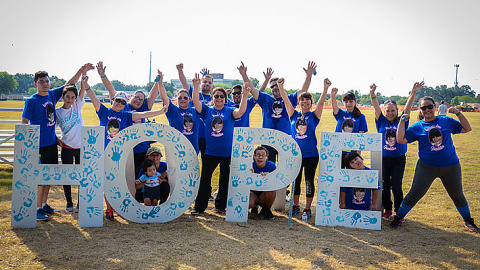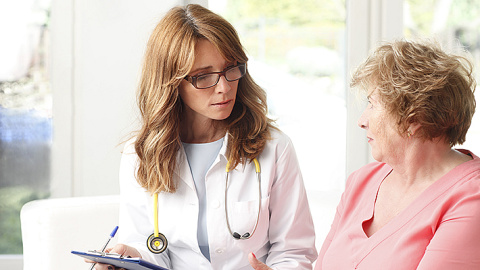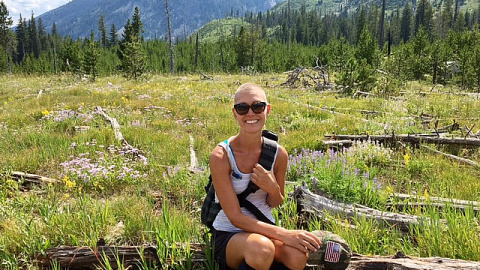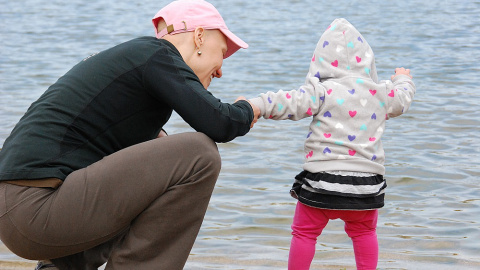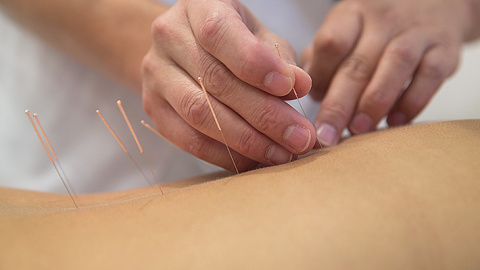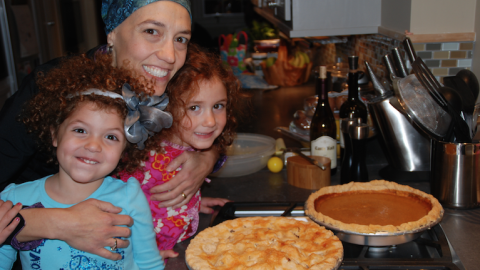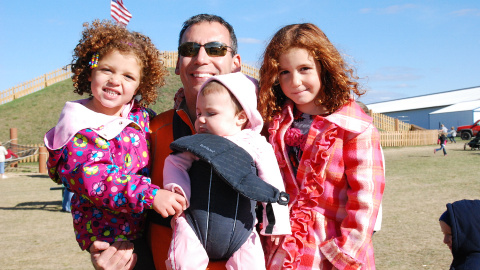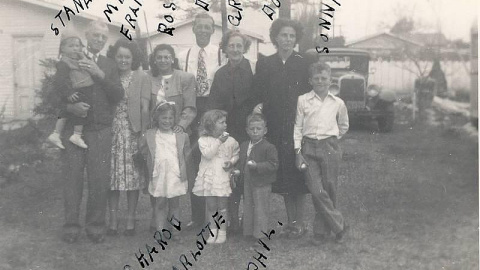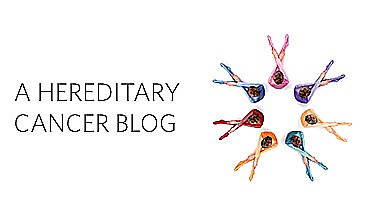- By Kim Price
- Posted September 18, 2017
Signs and Symptoms of Ovarian Cancer- What you Need to Know
The National Ovarian Cancer Coalition® has been supporting the women, families, and caregivers affected by ovarian cancer for more than 25 years. With 1 in 75 women being diagnosed with the disease, the NOCC is especially focused during the month of September on bringing earlier awareness of the signs and symptoms of the disease to women throughout…
- By Cynthia Rigali Lund
- Posted September 18, 2017
Life After Chemotherapy and Surgery for Ovarian Cancer
September is Ovarian Cancer Awareness Month and it’s a wonderful way to encourage women to create a deeper consciousness about their bodies. As I approach my five-year survivor date—the closest marker we have to saying “cured,” I can say with deepest gratitude how much I appreciate my body and all that it does for me, as well as how much…
- By James L. Wilder, MD
- Posted September 11, 2017
The Benefits of Genetic Testing for Your GYN/ONC Practice
An estimated 22,440 women will be diagnosed with ovarian cancer in 2017. Early detection is critical for successful treatment of this disease, which has a 5-year survival rate of 92.5% for women who are diagnosed with early stage/localized ovarian cancer.1 We hope that Ovarian Cancer Awareness Month will bring more women to their healthcare providers…
- By Randalynn Vasel
- Posted September 5, 2017
5 Ways my Friends and Family are Helping my Kids While I Battle Ovarian Cancer
Battling ovarian cancer is HARD. It’s humbling and some days it forces you to use every ounce of energy you have to lift your head off the pillow. Ovarian cancer doesn’t discriminate and hits out of nowhere, with no warning. As a mother of two young children, it wasn’t just difficult for me - the diagnosis, surgeries and treatment affected…
- By Cynthia Rigali Lund
- Posted June 8, 2017
Things I Know for Sure this Cancer Survivors Month
*Editor’s Note: June is National Cancer Survivors Month, and Ambry Genetics will be celebrating cancer survivors as well as their families and communities by sharing their inspiring stories. Although part of me wants to forget, I hear the whispers every day. As a cancer survivor of 4 ½ years, June is a special month that commemorates…
- By Cynthia Rigali Lund
- Posted February 2, 2017
Additional Healing Methods to Fight Cancer: Your Local Community Center
Cancer is an equal opportunity disease: It affects people regardless of age, gender, socioeconomic background or race. One day, you may be walking along, seemingly healthy as a horse and the next day—you’re diagnosed with cancer. Your outlook may be bleak; it might be optimistic. Either way, as the person diagnosed, it’s a feeling of being…
- By Cynthia Rigali Lund
- Posted December 1, 2016
Despite Cancer, Holiday Abundance Awaits
Editor's Note: This is a continuation of Cynthia's initial experience of being diagnosed with hereditary ovarian cancer in 2012, which she began to tell us in her post from September 29, 2016. With an October diagnosis, the holiday season was going to be a new experience for our family of five. Although difficult in many ways, cancer…
- By Cynthia Rigali Lund
- Posted September 29, 2016
In The Beginning: My Ovaries Were Talking, but I Wasn't Listening
What a perfect time to begin my story — we are in the middle of National Ovarian Cancer Awareness month, as well as National HBOC (hereditary breast and ovarian cancer) Week. I love when things line up like it was all meant to be… Things did not line up for me in October of 2012. While preparing funeral arrangements for my dad who…
- By Theresa Smith
- Posted March 8, 2016
These are my genetic test results... please don't shoot the messenger.
The initial shock from receiving my positive results for the BRCA2 gene mutation was now turning into "a low grade fever" of concern, which was my new reality. I already explained the news to my immediate family, but I started thinking about all the extended family members my result could affect, too. My extended family is large - over…
- By Dr. Robina Smith
- Posted January 28, 2016
Preventive Oncology
To this date, we cannot totally prevent cancer from forming; however, for certain cancers we can reduce the risk of it developing. Approximately one half of cancer cases can be prevented by modifying risk factors or by early detection of precancerous lesions. For breast and ovarian cancers, approximately 10% will develop due to hereditary predisposition.…
